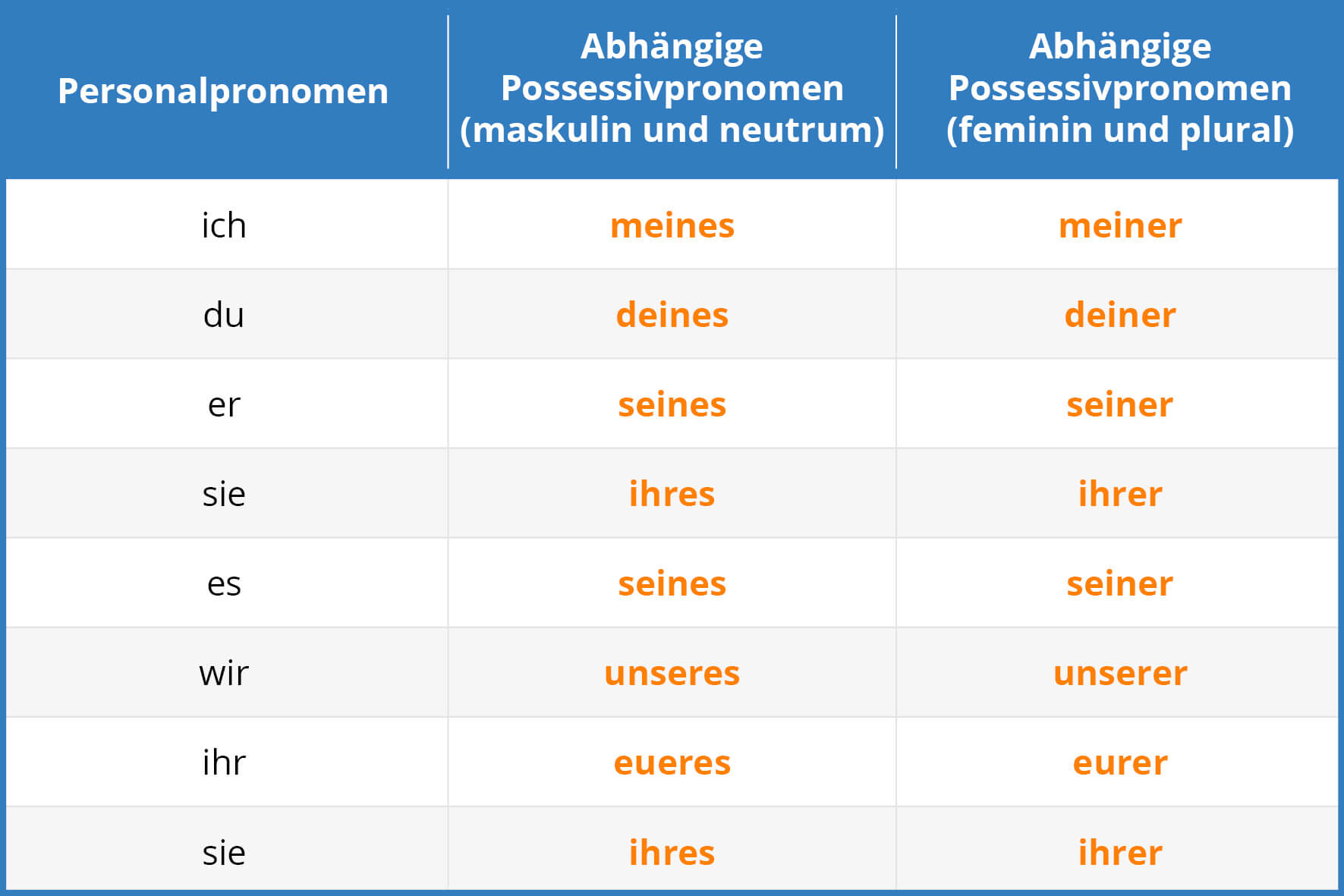
That is NOT the case in German, so you can NOT use word order to identify it. In English, in the vast majority of instances, the subject comes right before the verb. This is pretty clear so far, I think, and it’s usually not a problem to find the subject of a sentence.īut there are a couple of noteworthy differences between German and English. So that’s the subject and in German it is in Nominative. But only one of them answers the question “Who or what is going dancing?” – the woman. And mind you… we do NOT need to change anything because Nominative is the factory setting anyway. To find the subject, we ask the question “Who or what is sleeping?”Īnd the answer is clearly “ich/I”, so that’s the subject and we need Nominative.

There are two elements in the sentence besides the verb: I and the entire day. This one is really easy but let’s do it anyway. Well… the Nominative is for the element that answers the question: You can just leave them as they are.īut of course the big question is still when we can leave the words as they are. So in a way, you don’t really have to put words into Nominative, as they’re already in it. Words in the dictionary are ALREADY in nominative case. Nominative – The Doer of ThingsĪnd the Nominative is actually kind of like the default factory setting of a word. So anything you learn here… it does NOT apply to elements with a preposition.Īnd with that out of the way, let’s get to the cases, and we’ll start with the most basic one of them … the Boringative…oh… I mean Nominative. So we’ll discuss the two “worlds” separate from each other, and this article focuses completely on the direct branch, that DOESN’T involve prepositions, and deal with the prepositions in a separate article. Let’s take the example we just had and put in Germanīoth, das Buch and den Tisch are Accusative but the reasoning for the choices have ZERO to do with each other. It is absolutely crucial that you understand this. So the rules what case to use after a preposition have NOTHING(!!!!) to do with the rules we use when putting in stuff directly. So you need to pick a case if you put in the element directly, and you need a case if you connect the element via preposition.īut the rules for which case to pick are COMPLETELY INDEPENENDENT for these two ways. Now, in German (and also in English), if you want to insert a word for an entity into a sentence, there are two ways to do that… you can put it in directly, or you can connect it using a preposition.Įither of the two ways comes with “case requirements” in German. Picking Cases – The Two Different SystemsĪs sentence consists of two main ingredients… the ac tion (represented by the verbs) and entities (beings, things) that are involved in the action.Įntities can be represented by nouns (with their articles) or names or pronouns.Īll the words in bold represent an entity. In this series, we’ll look at the role of each case and ALSO we’ll talk about some differences between German and English with how it uses ITS own cases, or whatever is left of them.īut before we start look, there is one CRUCIAL distinction we need to learn. The real challenging ones are Accusative and Dative, but that’s really not that bad. Now, four sounds quite a lot, but in as you’ll see, it’s really only two.īecause as we’ll see the Nominative is the default case anyway, and the Genitive… well, it’s kind of useless, at least for beginners. the Genitive (aka “He who owns things”).the Accusative (aka “He who’s the second best choice”).the Nominative (aka “He who does things”).Here they are together with their old Indian tribe names, because they actually knew what’s up: Now, technically, there are four cases in German. The rest being “Meeeh… it’s just idiomatic that way.” “Understanding” German cases means knowing what role they each usually mark in a sentence, and that’ll get you the correct case about 80% of the time. You can theoretically mark all kinds of roles, like “time” or “destination” or “reason” and so on. In a nutshell, cases are a way to mark the function or role of an element in a sentence. So if you want to check that out, you can find it here:


It’s a bit theoretical, but I really recommend reading it, because having this background helps a LOT and cases are less intimidating.

We already took a more general look at what cases are and how they work in different languages in the first article in this module. And just in case you came through Google… of course nothing has changed about them in 2023.īut be happy, because this site is actually a goldmine of information, not just on German cases, but on all kind of things German.


 0 kommentar(er)
0 kommentar(er)
